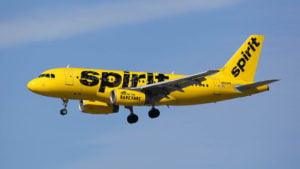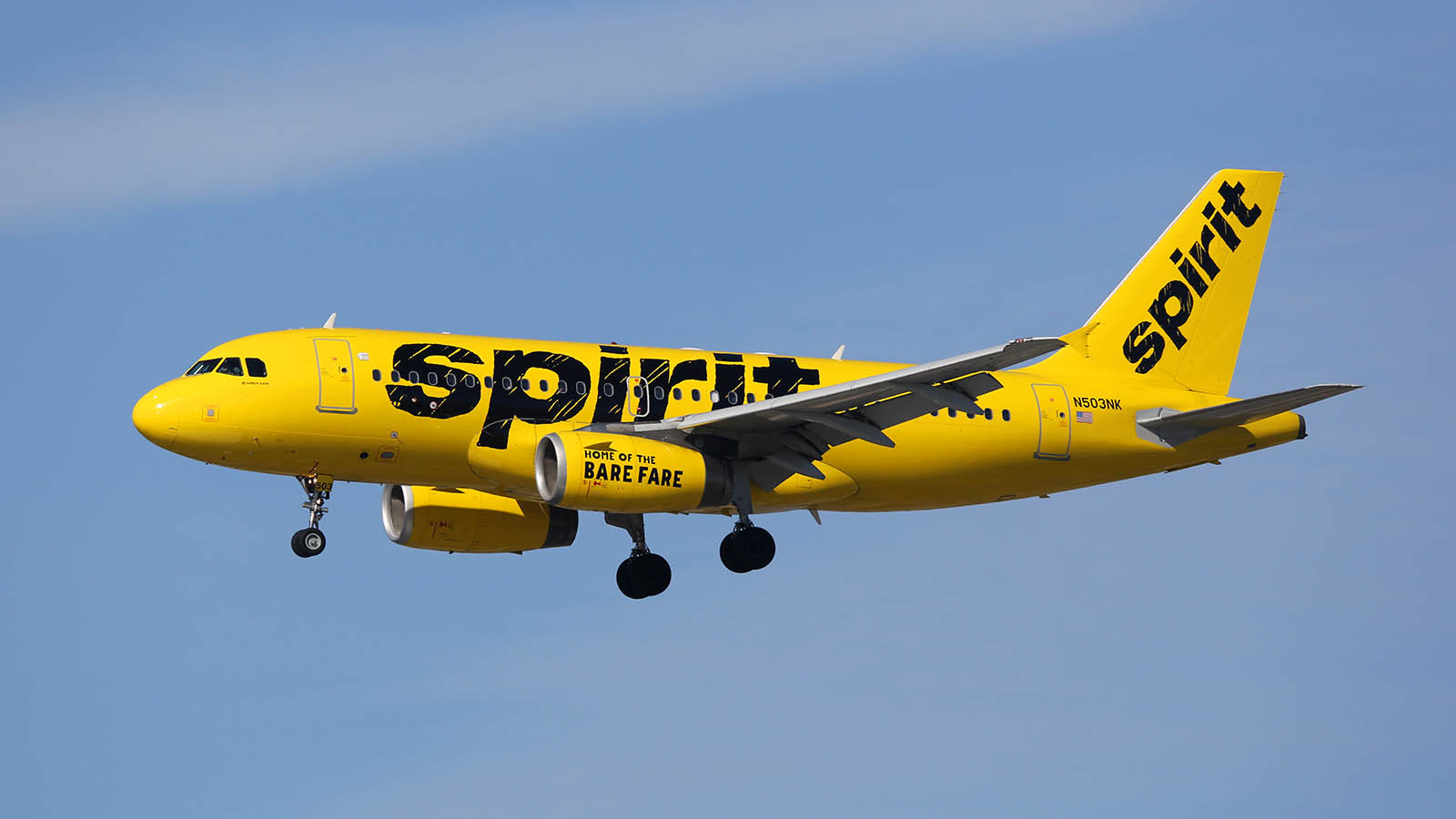It’s no surprise that airline stocks have been hammered in 2020. The novel coronavirus pandemic brought air traffic to a halt and led to tens of billions of dollars in losses. But even by the standards of the struggling sector, the selling pressure on Spirit Airlines (NYSE:SAVE) stock stands out.

SAVE stock is down 60% so far in 2020. That’s the worst performance of any U.S. airline stock. And it’s not as if SAVE roared into 2020. The stock already had fallen by more than one-third from late 2018 highs.
That underperformance does seem like a surprise. Spirit should have less exposure to the pressure that could hit the industry after normalcy begins to return. But the market certainly isn’t treating SAVE stock that way.
As a result, Spirit Airlines could be the best pick in a sector that offers a lot of value at this point. SAVE has underperformed so far, but it can outperform going forward.
The Case Against Airlines
The simple case for airline stocks isn’t quite so simple. After all, an investor conceivably could argue that normalcy will return at some point. A vaccine will be developed, treatment will improve, and air travel demand will be restored. In fact, the industry probably sees an immediate bump once flyers become more confident. Many Americans have put off vacations and will be eager to travel again as soon as it’s safe to do so.
But there are two catches to that simple case. First, the industry has taken a huge hit. Again, losses have totaled in the tens of billions of dollars worldwide. Spirit isn’t immune. In the second quarter, on an adjusted basis, Spirit lost $3.59 per share — about $286 million.
Second, the pandemic is likely to pressure business travel, perhaps permanently. The rise of videoconferencing should limit demand. And airlines tend to make a lot of money off business travelers, who are more loyal (owing to frequent flyer programs) and usually less price-sensitive.
So it’s not as simple as to say that airline stocks will regain past prices once normalcy returns. But as far as SAVE stock goes, it shouldn’t be that far off.
Why Spirit Stands Out
Most notably, Spirit doesn’t have the same exposure to business travel. This is a low-cost, no-frills airline. Essentially everything is a la carte. There are some business travelers on the airline, but that’s not where Spirit’s proverbial bread is buttered. This is an airline that caters to consumers.
That in turn limits means Spirit’s business in the “new normal” should be roughly similar to what it was before the pandemic.
And the company will get to that point. Spirit did suffer a big loss in Q2. But it just raised $850 million in debt backed by its brand and loyalty programs. It has enough liquidity to manage through what should be a few more difficult quarters (particularly this winter).
In other words, Spirit has a path to get its results back at least close to where it was in February, before the pandemic reached the U.S. If it can do so, SAVE stock has big upside.
The Case for SAVE Stock
After all, there’s a case that SAVE should return back toward early-year levels. The stock came into 2020 trading at about $40 per share. Even falling 20% short of that target still would lead Spirit stock to double. 100% returns over three or even five years should handily beat the market.
But, again, even that $40 level looked reasonably attractive. Bear in mind that Spirit earned more than $5 per share (here too on an adjusted basis) in 2019.
Airline stocks haven’t usually received big multiples, and probably won’t even once normalcy returns. Even keeping that in mind, if Spirit can get back to that $5 figure and SAVE stock receives a 10x price-to-earnings multiple, that’s a triple.
Different investors can run these numbers in different ways. But the broad point holds. If Spirit can return toward what it was just last year — even if doesn’t get all the way back, in terms of either earnings or the share price — investors are going to do very well.
Obviously, there are risks. Another, different, pandemic could again interrupt air traffic. A “second wave” of coronavirus cases in the U.S. could cause a renewed short-term sell-off.
But the risks seem worth taking. SAVE stock looks solid technically, with support holding repeatedly near the current level going back to June. It looks enormously attractive fundamentally, at barely 3x 2019 earnings per share. And it simply shouldn’t be as exposed to mid- to long-term industry pressures as larger peers.
That’s a wonderful combination. And it’s a combination that suggests that SAVE should have a rally coming at some point, even if it takes some patience.
On the date of publication, the InvestorPlace Research Staff member primarily responsible for this article held (either directly or indirectly) any positions in the securities mentioned.
